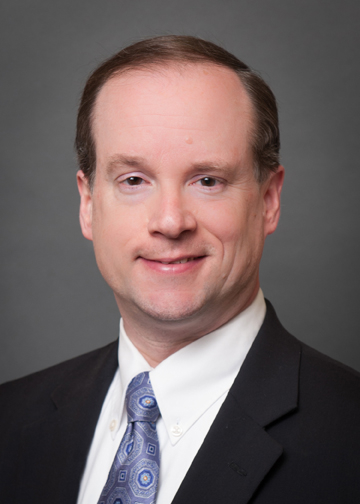Is unemployment ever voluntary? I don’t ask the question in order to blame unemployed people for their fate. On the contrary, understanding the full range of causes of unemployment is required before policymakers can effectively combat it.
I’ll bet you know at least one person who has chosen to leave a job in order to change careers, return to school, or relocate for family or personal reasons. I’ll bet you know at least one person who has chosen not to engage in paid work for a time, perhaps because he or she is caring for a young child, a sick relative, or an elderly parent.
Now think about cases in which people don’t leave jobs or the labor market entirely, but instead take jobs that pay less than they could make. Some do it because of hours or working conditions. Others do it because they expect to derive greater pleasure or satisfaction from the lower-paying job than they would from a higher-paying one.
To recognize that people actively choose their paths through the labor market is not to say that they always get what they want. In many situations, the choice is between unattractive alternatives — take the higher-paying job and neglect a family responsibility, for example, or take the lower-paying job and struggle to pay the bills. My point here is to observe that even in desperate times, facing unforeseen challenges or recovering from painful mistakes, workers still possess agency. They aren’t passive victims. They respond. They learn. They adapt.
Conservatives apply this lesson in ways that liberals find distasteful or abhorrent. Here in North Carolina, lawmakers and the McCrory administration have tightened time limits and benefit caps on unemployment insurance and, more recently, restored some work requirements on food stamps that were suspended during the Great Recession.
The goal was to retain the state’s short-term role in providing immediate relief for dislocated workers and their families while combating the long-term dependency that public assistance can breed.
Testifying last year on Capitol Hill, University of Chicago economist Casey Mulligan made an important observation that North Carolinians need to think about. “It is sometimes claimed, by non-economists at least, that the safety net does not prevent anyone from working because everyone strives to have more income rather than less, and would gladly take any available job that paid them more than the safety net did,” Mulligan said. “This ‘income maximization’ hypothesis is contradicted by the most basic labor market observations, not to mention decades of labor market research.”
Workers on unemployment-insurance benefits, for instance, regularly turn down job offers at salaries that would boost their weekly incomes a bit but are significantly below what they earned before being laid off. As a matter of fact, that’s what the UI program is supposed to enable, for a time. It allows recipients some space to weigh all their alternatives, rather than having to take the first job that comes along. After a while, however, this advantage becomes a disadvantage. Perhaps the industries where they previously worked aren’t going to rebound. Perhaps what they really need to do is relocate to find work, or change careers even if that necessitates earning less for now.
Mulligan’s empirical work demonstrates that government relief can work as an implicit tax on employment — because recipients have to give up so much cash or in-kind benefits to take a job that the marginal benefit of doing so, while not zero, is so low that recipients feel they are better off remaining on the dole and hoping for better luck tomorrow.
North Carolina’s recent reforms take the work of Mulligan and other labor economists seriously. The early indications are promising. Since mid-2013, our employment-population ratio has gone up by a full percentage point, to 57.6 percent in November 2015, which is a higher rate of improvement than the national average and three times that of the Southeast.
Let’s hope the trend continues. These are tough issues. There are no easy answers. That’s because there are no easy questions.
John Locke Foundation chairman John Hood is the author of Catalyst: Jim Martin and the Rise of North Carolina Republicans.


